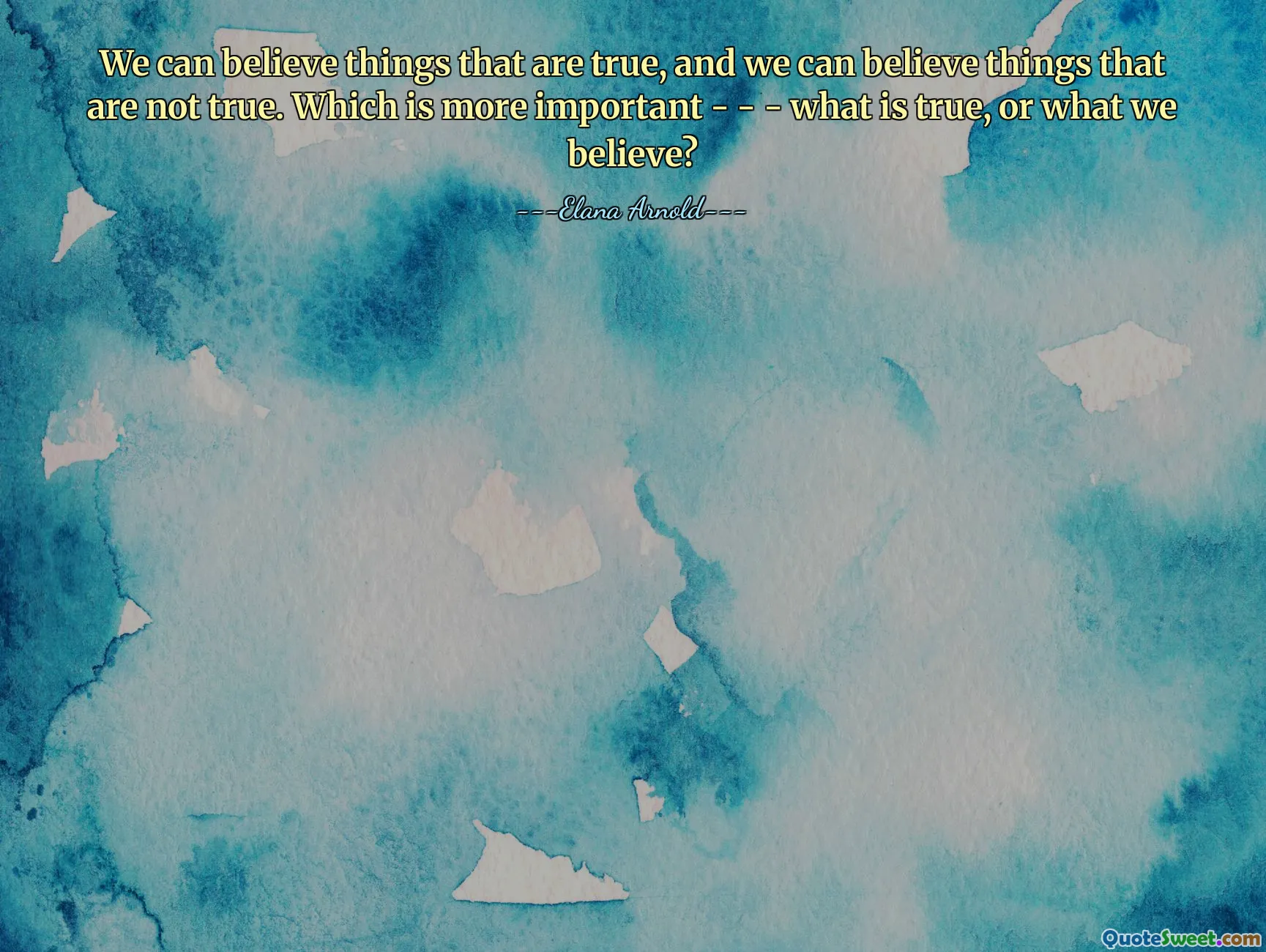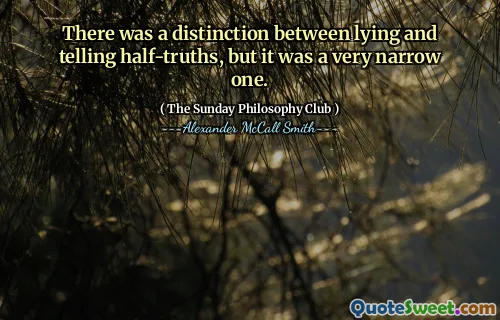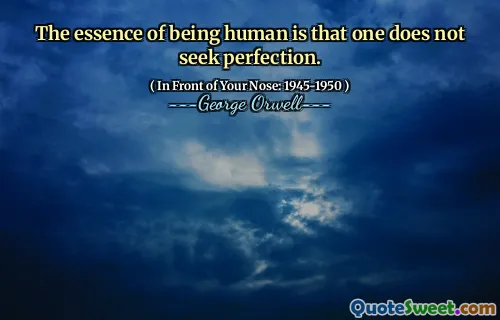
We can believe things that are true, and we can believe things that are not true. Which is more important - - - what is true, or what we believe?
This quote delves into the profound distinction between truth and belief, prompting us to reflect on their relative importance in our understanding of reality. At its core, it challenges the assumption that believing something automatically aligns with its truthfulness. Humans are naturally inclined to believe what resonates with their biases, desires, or emotional states, regardless of factual accuracy. This tendency shapes our perceptions, convictions, and judgments, often leading us to hold steadfast beliefs even when confronted with contrary evidence. The question about which is more important—truth or belief—touches on philosophical debates about the nature of knowledge, reality, and the human condition. Beliefs, whether true or false, influence our actions, relationships, and societal structures more immediately than abstract truths, which may require effort and critical thinking to uncover. On one hand, believing in true things helps us navigate the world accurately, make informed decisions, and foster genuine understanding. On the other hand, beliefs—regardless of their veracity—can serve psychological needs, reinforce group identities, or provide comfort in uncertain times. Striking a balance between valuing truth and acknowledging the power of belief is a complex yet crucial endeavor. It invites us to question how much of what we accept as reality is rooted in accuracy, and how much is shaped by the narratives we choose to believe. Ultimately, this quote serves as a reminder of our inherent capacity for belief and the importance of scrutinizing those beliefs in pursuit of a more truthful understanding of the world around us.











